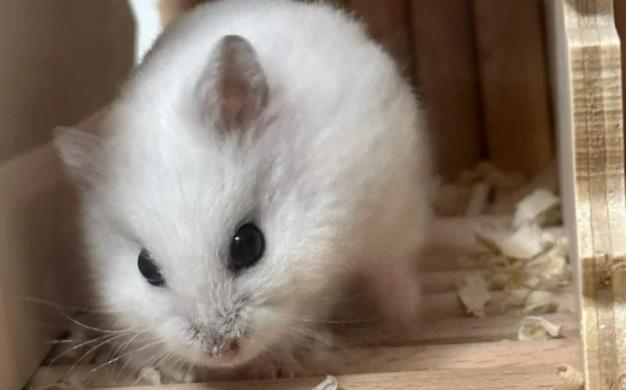Here’s a detailed analysis of the hamster life cycle, divided into different stages:
I. Life Cycle Stages
- Juvenile Stage (0–3 Months)
Weaned at 3 weeks old, starting independent feeding and activity.
2–4 months is a rapid growth period, requiring high-protein food (16%–18%) and exercise on a running wheel.

- Adult Stage (4–12 Months)
Sexually mature at 6–9 months; males mark territory by urinating.
Food intake peaks—control sugar to prevent obesity and diabetes.
- Senior Stage (1.5–3 Years)
Activity decreases by over 50%, with significantly increased sleep.
Common health issues: Tumors (incidence >50%), osteoporosis, and weakened immunity.
II. Lifespan Influencing Factors
- Breed Differences:
- Syrian hamster: 2–3 years
- Dwarf breeds (e.g., Roborovski): 3–4 years
- Gender Differences: Male hamsters live 0.5 years longer on average; non-pregnant females have longer lifespans.
- Environmental Management: Cages over 60 cm + silent running wheels can extend lifespan by 4–6 months.
III. Key Care Recommendations
- Diet: Senior hamsters need calcium supplements and a gradual transition to liquid foods.
- Medical Care: Bi-annual check-ups after 1.5 years; wet tail requires antibiotics within 72 hours (70% cure rate).
(Note: A hamster’s life cycle is about 1/33 of a human’s, so rapid aging due to compressed time requires special attention.)
